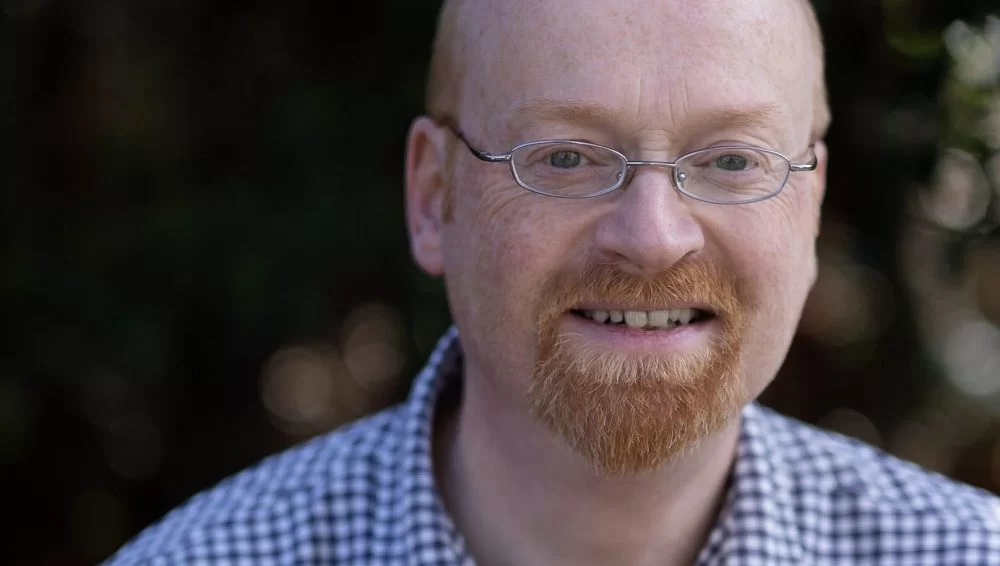 “Concebido como un libro que puede leerse solo, como acompañante a la lectura de La Comedia, como una nueva narración de la historia original o como una interpretación de la misma, el autor parte de una premisa y una frustración: ‘La Divina Comedia cambia vidas’, comienza diciendo en la Introducción y así lo han experimentado lectores desde comienzos del siglo XIV. No obstante, ‘también ha habido lectores inseguros de cómo entender su ingenio’, abrumados ante el desafío de los textos que pueden revelar más vida cada vez que se leen, una vez se encuentra la vía de entrada a su laberinto. El problema es que, en la mayoría de ediciones contemporáneas, Vernon ha encontrado que los autores no están interesados en la obra que, en sus palabras, cataliza una transformación espiritual.
“Concebido como un libro que puede leerse solo, como acompañante a la lectura de La Comedia, como una nueva narración de la historia original o como una interpretación de la misma, el autor parte de una premisa y una frustración: ‘La Divina Comedia cambia vidas’, comienza diciendo en la Introducción y así lo han experimentado lectores desde comienzos del siglo XIV. No obstante, ‘también ha habido lectores inseguros de cómo entender su ingenio’, abrumados ante el desafío de los textos que pueden revelar más vida cada vez que se leen, una vez se encuentra la vía de entrada a su laberinto. El problema es que, en la mayoría de ediciones contemporáneas, Vernon ha encontrado que los autores no están interesados en la obra que, en sus palabras, cataliza una transformación espiritual.
“’El mayor riesgo es tomar La Comedia muy literalmente, como si Dante estuviese hablando de una fácil transferencia a la realidad’. Sí hay un significado literal, reconoce Vernon, pero es la capa superficial del texto que a su vez entraña toda una elaboración metafórica: ‘Y esto es realmente lo que lo confunde a uno, lo reta, las contradicciones. Pero al mismo comunica algo de aquella misma revelación inicial’. El autor también reconoce el carácter alegórico del poema, que se relaciona con las implicaciones morales y el significado religioso de la peregrinación, pero concentra su trabajo en la ‘transformación revolucionaria que ocurre a lo largo del camino, y la manera en el cual Dante describe estos continuos cambios’.
[. . .]
“‘Esto se relaciona también con el amor, que es desear lo que es bello’.” –“Mark Vernon: Dante, Carlos III, las palabras y los significados,” El Exquisito (May 17, 2023)
Read the full interview here (Spanish language; subscription required).
Contributed by Joshua Roberts




